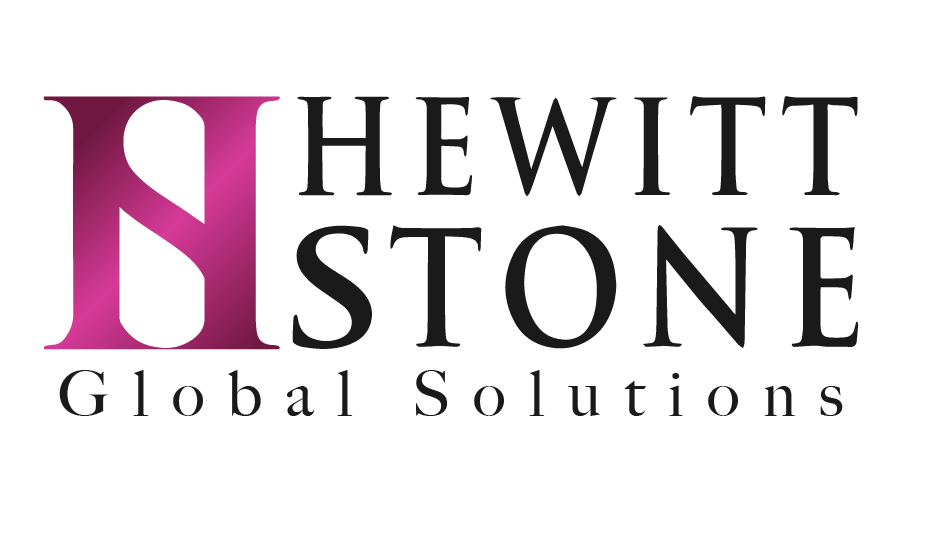Actuaries play a critical role in managing financial risk and forecasting potential future scenarios using statistical models. Their ability to interpret complex data, provide insights, and contribute to strategic decision-making is invaluable. However, identifying the right actuarial candidate requires a meticulous interview process that evaluates their technical expertise, analytical capabilities, cultural fit, and passion for the field.
Here’s a deep dive into the essential questions you should ask when interviewing actuarial candidates, with detailed explanations of why they matter and what to look for in responses.
1. Technical Proficiency
Actuarial work demands a strong foundation in mathematics, statistics, and software tools, combined with precision and accuracy. To evaluate these skills, ask:
Can you describe your experience with actuarial software such as Prophet, SAS, or MATLAB?
Understanding their proficiency with actuarial software is crucial, as these tools are at the heart of modeling, analysis, and risk assessment. Look for specifics such as:
- The depth of their experience (e.g., years of use or types of projects completed).
- Ability to adapt to new tools and environments.
- Their problem-solving efficiency using these tools.
How do you approach solving a problem involving incomplete or ambiguous data?
Actuaries frequently encounter imperfect data. Strong candidates will articulate a structured approach, such as:
- Identifying assumptions and potential limitations of the data.
- Seeking additional context or historical trends to fill gaps.
- Clearly documenting assumptions and using sensitivity analysis to test results.
What steps do you take to validate the accuracy of your calculations or models?
Accuracy is non-negotiable in actuarial work. Answers should demonstrate a systematic approach, including:
- Peer reviews or double-checking results.
- Using automated validation tools or manual recalculations.
- Incorporating scenario testing to identify anomalies.
Can you provide an example of a complex actuarial project you worked on and the impact it had on the organization?
This question reveals their ability to manage end-to-end processes and deliver measurable results. Strong responses will:
- Detail the specific challenge, solution, and tools used.
- Highlight collaboration with teams or stakeholders.
- Showcase tangible outcomes, such as cost savings or risk mitigation.
2. Analytical and Critical Thinking
Actuarial work requires breaking down complex problems, analyzing patterns, and deriving actionable insights. These questions will help assess their analytical mindset:
How do you prioritize multiple tasks or deadlines in a high-pressure environment?
Effective time management is essential. Look for candidates who:
- Use tools or frameworks, such as prioritization matrices or Agile methodologies.
- Can identify high-impact tasks and allocate resources effectively.
- Demonstrate resilience and adaptability when plans change.
Describe a time when you identified a potential risk and how you addressed it.
This question explores their risk management abilities. Ideal answers should:
- Clearly define the risk, the factors contributing to it, and its potential impact.
- Detail the steps taken to assess, mitigate, or communicate the risk.
- Highlight any innovative solutions or proactive measures they employed.
How would you explain a complex actuarial concept to someone without a technical background?
The ability to simplify technical jargon is crucial for collaborating with non-technical stakeholders. A great answer might include:
- Using analogies or relatable examples to illustrate the concept.
- Breaking down the explanation into smaller, logical steps.
- Ensuring the audience understands the practical implications of the concept.
3. Industry Knowledge
Actuaries operate within an ever-evolving landscape of regulations, market trends, and technological advancements. Gauge their awareness with these questions:
What recent trends or changes in the insurance/actuarial industry do you think are most impactful?
Candidates should demonstrate familiarity with key industry trends, such as:
- The rise of predictive analytics and machine learning.
- Increasing regulatory scrutiny and changes in solvency standards.
- Innovations in risk-sharing models or climate risk assessment.
How do you ensure compliance with changing regulations in your actuarial work?
Regulatory compliance is a cornerstone of actuarial practice. Strong candidates will:
- Highlight their strategies for staying updated, such as attending seminars or subscribing to industry publications.
- Share examples of navigating regulatory challenges and implementing compliant solutions.
What do you think is the future of actuarial science with the rise of AI and automation?
This question tests their adaptability and vision. Look for responses that:
- Embrace AI as an enhancement to, rather than a replacement for, traditional actuarial work.
- Highlight opportunities for actuaries to focus on strategy and judgment while leveraging automation for routine tasks.
4. Behavioral and Cultural Fit
Collaboration, communication, and alignment with company values are critical for long-term success. These questions explore their interpersonal skills:
Describe a time when you had to work with a team on a challenging project. How did you ensure success?
Answers should reflect their ability to:
- Collaborate effectively and resolve conflicts.
- Take initiative while also supporting team efforts.
- Foster a positive and productive team dynamic.
How do you handle feedback on your work, especially if it involves significant revisions?
Adaptability to feedback is essential for continuous improvement. Look for responses that:
- Show openness to constructive criticism.
- Demonstrate how they integrate feedback into their work.
- Highlight a growth mindset and willingness to learn.
What motivates you to stay in the actuarial field?
This question helps understand their long-term commitment. Strong responses should:
- Reflect genuine passion for problem-solving and risk management.
- Align personal goals with the company’s mission and values.
5. Career Goals and Aspirations
A clear alignment between the candidate’s ambitions and the organization’s opportunities is crucial for retention and satisfaction.
Where do you see yourself in the next five years as an actuary?
Look for answers that balance ambition with realism. Ideal candidates:
- Express a desire to grow both technically and strategically.
- Show interest in leadership roles or specialization in a specific area.
What kind of actuarial work excites you the most, and why?
This question reveals their passions and strengths. Their response might include:
- Preference for predictive modeling, risk assessment, or pension consulting.
- Enthusiasm for tackling industry-specific challenges.
What drew you to this role and our company specifically?
Gauge their research and motivation. Strong candidates will:
- Reference specific aspects of your organization, such as its reputation, projects, or values.
- Articulate how the role aligns with their career aspirations.
6. Problem-Solving Exercise
A practical exercise provides valuable insight into how a candidate approaches real-world challenges.
Scenario: “You are tasked with evaluating the potential risks of introducing a new insurance product. How would you approach this task, and what factors would you consider?”
Evaluate their response based on:
- The clarity and structure of their approach.
- Consideration of multiple factors such as market analysis, customer behavior, regulatory implications, and financial projections.
- Innovative ideas or unique methodologies bring to the table.
Conclusion
Hiring the right actuarial candidate requires a balance of technical, analytical, and interpersonal skills. By asking these detailed questions, you can gain a comprehensive understanding of a candidate’s potential and fit for your organization.
At Hewitt Stone, we specialize in finding actuarial professionals who not only excel in their craft but also align with your company’s values and goals. Let us help you build a team that drives success.



